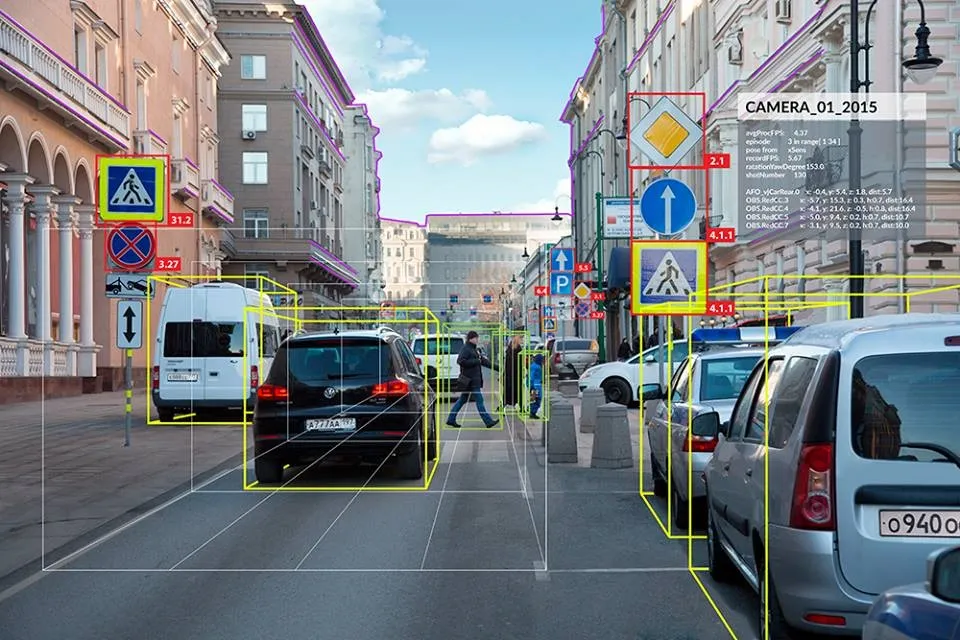
Rekor Systems is to take a $300,000 role in a road safety project in Israel.
Its Rekor One traffic management solution has been chosen as the platform to drive data accessibility and improve traffic congestion and road safety on Israel's main coastal highway.
The one-year project is a public-private collaboration between national transport infrastructure agency Netivei Israel, Israel Living Lab Consortium and the Israel Innovation Authority.
Rekor's solution integrates and processes data into a single source, bringing digital and physical infrastructure together "to extract the most data possible from the roadway and environment", the company says.
The product offers real-time traffic analytics, roadway monitoring and response, and live and archival traffic views.
It uses edge-based optical roadside sensors at the roadside and consolidates this this data with dashcam footage, public transit analytics, video footage of roadway incidents and traffic enforcement capabilities to detect violations.
Nexar, Moovit, AD Knight, HopOn, SaferPlace, Tomorrow.io and Blue White Robotics are data partners in the venture.
"This is one of Rekor's largest collaborations with private partners to date," said Rekor president David Desharnais.
"A collaboration of this scale enables greater data capture and more effective insights to better understand traffic conditions and help Netivei Israel better serve drivers on its highways."
Revital Levy, director of engineering R&D at Netivei Israel, says it "opens the door to entrepreneurial activity and collaboration among start-ups".










